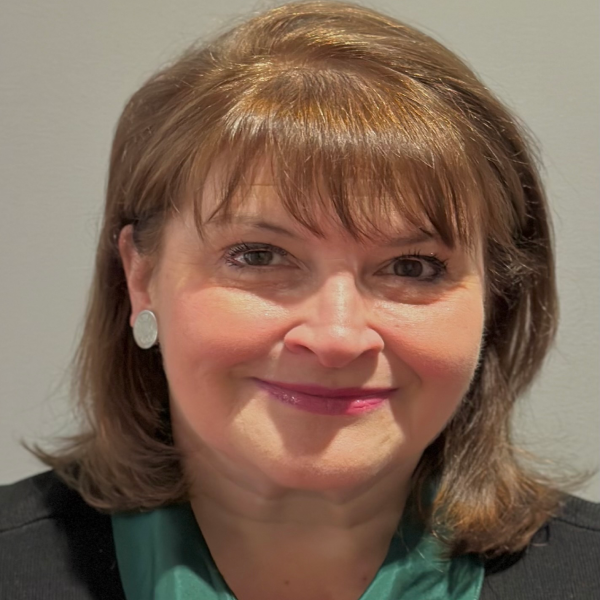We all have financial goals. One of the most important is planning for a secure and comfortable retirement. Buying a home, saving for your children’s education, making a significant purchase, or funding a dream vacation are all also common financial goals. But ensuring that you’re prepared for unexpected expenses and have sufficient funds to weather a job loss or other emergency in the shorter term is also vital.
The best way to achieve your financial goals is to create a financial plan that lays out a road map to help you get where you’re going. Every financial plan is unique in reflecting individual circumstances, desires, risk tolerance, and expectations, but there are certain commonalities. One of the most significant is the necessity of both short- and long-term planning.
Building a budget is the first step in the planning process
Creating a monthly budget is the first step in both short- and long-term planning since you need to know how much you can save. As a rule of thumb, you should allocate 15% of your pre-tax income to tax-advantaged savings vehicles like a 401(k), IRA, or Roth IRA. If your company sponsors a 401(k) plan, there’s likely to be a matching component. Don’t fail to take full advantage of matching contributions – if you do, you’re forfeiting free money! Next, allocate funds to cover housing, food, utilities, insurance, and other necessities. It’s also critical to maintain a liquid emergency fund that will allow you to pay 3-6 months of living expenses. Once all these necessities are covered, your remaining income can be considered disposable or allocated to saving for shorter-term goals.
Balancing short-term needs and objectives against long-term goals
Many people tend to think of financial planning predominantly in terms of saving for retirement. While this is vital, everyone also has short- and medium-term objectives that they would like to achieve, and this takes planning. Some of these goals, such as saving for a down payment on a house, might play a central role in your ambitions while others, like saving for a vacation, might be considered discretionary.
The significance of a shorter-term goal may impact how you view your longer-term strategy. For example, a house is the largest asset most Americans own and contributes substantially to overall net worth. Since this is the case, saving up for a down payment may temporarily take precedence over retirement saving for some investors. Large expenses like college tuition can also cause investors to consider temporary changes in their longer-term savings plans. In looking at the big picture, it pays to consider how major life events can impact savings goals.
Choose the right instruments for your time horizon
A disciplined investment strategy based on a diversified and well-balanced portfolio is the best way to work toward your long-term goals. But shorter-term objectives require a different approach. Whatever the goal, if you plan to need funds in less than 18 months, you might consider high-yield savings accounts and money market accounts as well as short-term investment grade corporate bond or U.S. government bond funds as appropriate vehicles for saving. All these options are low risk but still offer some yield. When investing money that you’ll need soon, a conservative approach to risk is wise.
For time horizons beyond 18 months, the range of suitable investment vehicles is much larger. Mutual funds and exchange traded funds, either on their own or as components in a balanced and diversified portfolio, are more suitable than low risk investments in high yield accounts or bond funds, although a conservative approach to risk is still recommended. Depending on the type of savings objective there may also be tax-advantaged options available, such as state sponsored 529 college savings plans to fund qualified educational expenses for designated beneficiaries.
You don’t have to go it alone
Meticulous financial planning is the foundation of financial security. Charting the course toward your financial future can be complicated, and it can be a challenge to balance short-term and long-term goals. Selecting the right tools for financial planning is a must. Some people may choose to establish a plan through a digital platform, while others may require the help of a professional.





